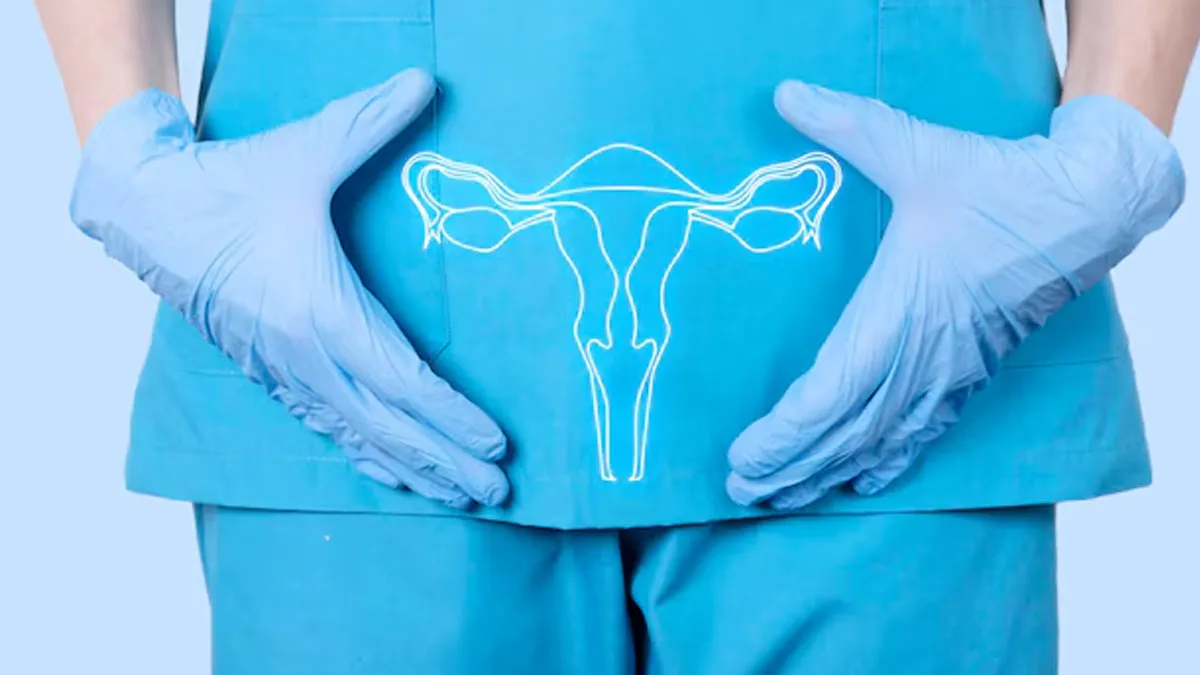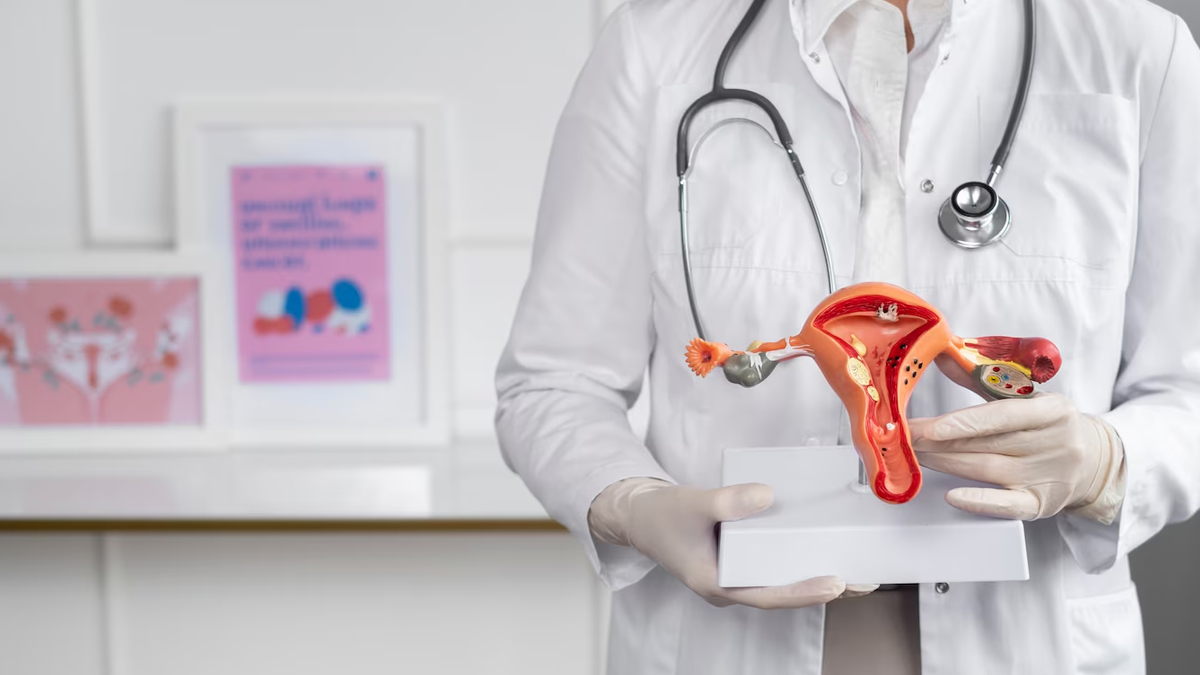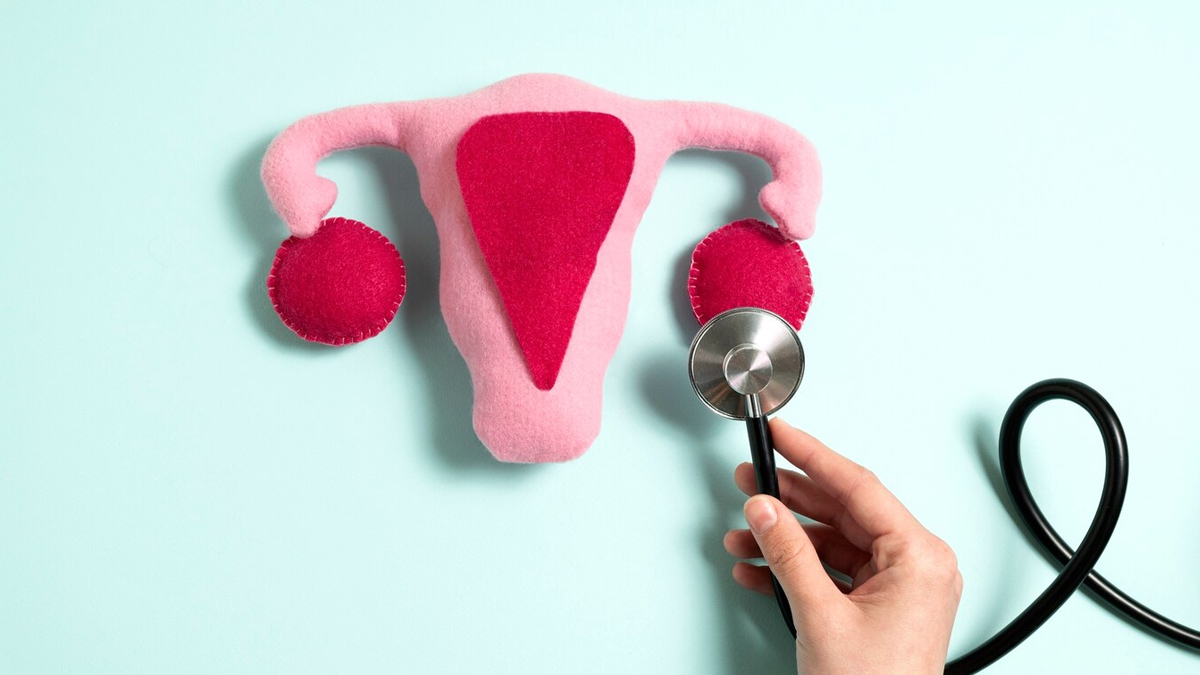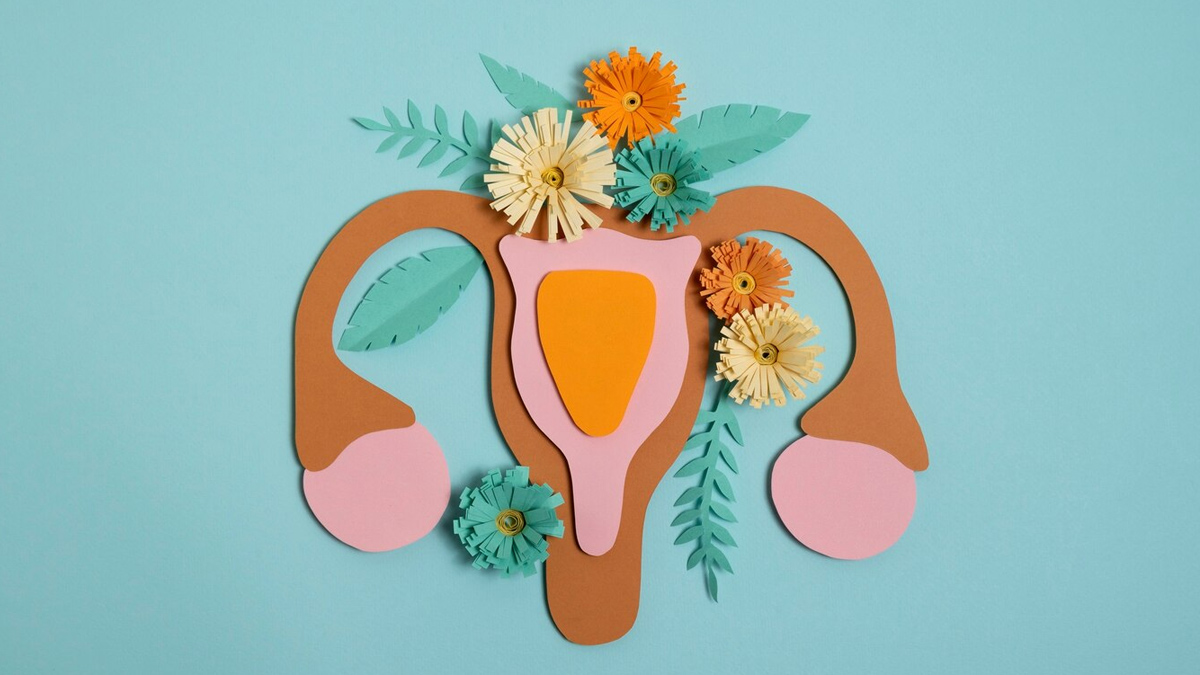
The female ovaries have two primary functions; one is to secrete sex hormones like oestrogen and progesterone, which are important for reproductive functions like puberty, menstruation, and menopause, and the second is to produce eggs for reproduction. As far as the latter is concerned, it all comes down to the quantity of eggs remaining in the ovaries. This is also known as the ovarian reserve. But how does somebody find out whether they have a good ovarian reserve or a limited one? Are there tests that can help confirm? Dr Shraddha Tripathi Bichpuria, fertility Specialist, Birla Fertility & IVF, Siliguri, shares insights with the OnlyMyHealth team.
Table of Content:-
What Is An Ovarian Reserve?

Ovarian reserve refers to the quantity and quality of eggs, also known as oocytes, remaining in a woman’s ovaries. The National Cancer Institute (NCI) describes it as the "total number of healthy, immature eggs in the ovaries".
It is important to note that the number of healthy eggs decreases as a woman ages, which can lower fertility and reduce the chances of pregnancy. Not only age, but other factors, such as smoking, certain anticancer treatments (such as chemotherapy or radiation therapy), surgery to the ovaries or other organs in the pelvis, and certain diseases or genetic conditions, can contribute to reduced fertility. And therefore, evaluating the ovarian reserve helps provide a fair idea about one's chances of conceiving naturally or with assistance.
How To Know If You Have A Good Ovarian Reserve?

According to Dr Bichpuria, there are two common tests to check ovarian reserve: the AMH (Anti-Müllerian Hormone) blood test and the Antral Follicle Count (AFC), which is performed through ultrasound.
AMH indicates the number of eggs likely remaining in the ovaries, whereas AFC measures the number of follicles.
Additionally, in females, doctors assess the levels of Follicle-Stimulating Hormone (FSH), Luteinising Hormone (LH), and oestradiol to understand the ovulation cycle, hormonal balance, and overall reproductive health, explains Dr Bichpuria. “When it comes to men, testosterone is the primary hormone associated with sperm production and fertility health, which is determined by a blood test known as serum testosterone,” she adds.
Furthermore, hormonal tests provide an overall assessment of an individual's reproductive health, enabling doctors to identify any concerns at an early stage and guide the most effective treatment plan for conception.
At What Age Should Women Get Their Ovarian Reserve Checked?
“Women should consider having their ovarian reserve checked when they begin planning for pregnancy, irrespective of age,” shares Dr Bichpuria, who adds, “Even though fertility usually starts declining after the age of 30, some women may experience an earlier drop due to health or genetic factors.”
According to her, women with irregular cycles, a family history of early menopause, or known medical conditions should get tested as early as possible. “Even if a woman plans to delay pregnancy, early screening of ovarian reserve enables her to consider other fertility options, such as egg freezing, and take informed steps.”
Also Read: Delaying Pregnancy Beyond 35 Can Impact Health: Subtle Signs Doctors Don't Want You To Ignore
How Lifestyle Choices Affects Ovarian Reserve

Poor lifestyle habits and certain medical conditions can both reduce ovarian reserve. Conditions such as ovarian cancer, endometriosis, or autoimmune diseases can damage the ovaries, while a sedentary lifestyle, poor diet, stress, smoking, and alcohol can negatively impact egg quality and quantity.
These factors may accelerate the natural decline in fertility, which is why adopting a healthier lifestyle and undergoing regular check-ups can help maintain reproductive health and detect any concerns early.
Expert-Recommended Tips To Boost Fertility
In cases where women have low ovarian reserves, certain changes in lifestyle can help manage and boost fertility. These include:
- Regular exercise
- Eating a balanced diet
- Stress management
- Avoiding smoking or alcohol
Dr Bichpuria adds that for those planning to conceive later, egg freezing is a recommended option to preserve fertility. "Early awareness and medical guidance are key to making the right decision, whether that means trying to conceive sooner or exploring fertility preservation options.”
Conclusion
Checking the status of your ovarian reserve is a great way to assess your fertility health. It helps determine the quality and quantity of eggs remaining in them, which are crucial to increase your chances of pregnancy. The good news is that with accessible tests, you can find out whether or not you have a good ovarian reserve. But additionally, it is crucial to know all about the factors that contribute to declining fertility. Consult a fertility specialist or a gynaecologist to find out more about ovarian reserve.
Also watch this video
How we keep this article up to date:
We work with experts and keep a close eye on the latest in health and wellness. Whenever there is a new research or helpful information, we update our articles with accurate and useful advice.
Current Version